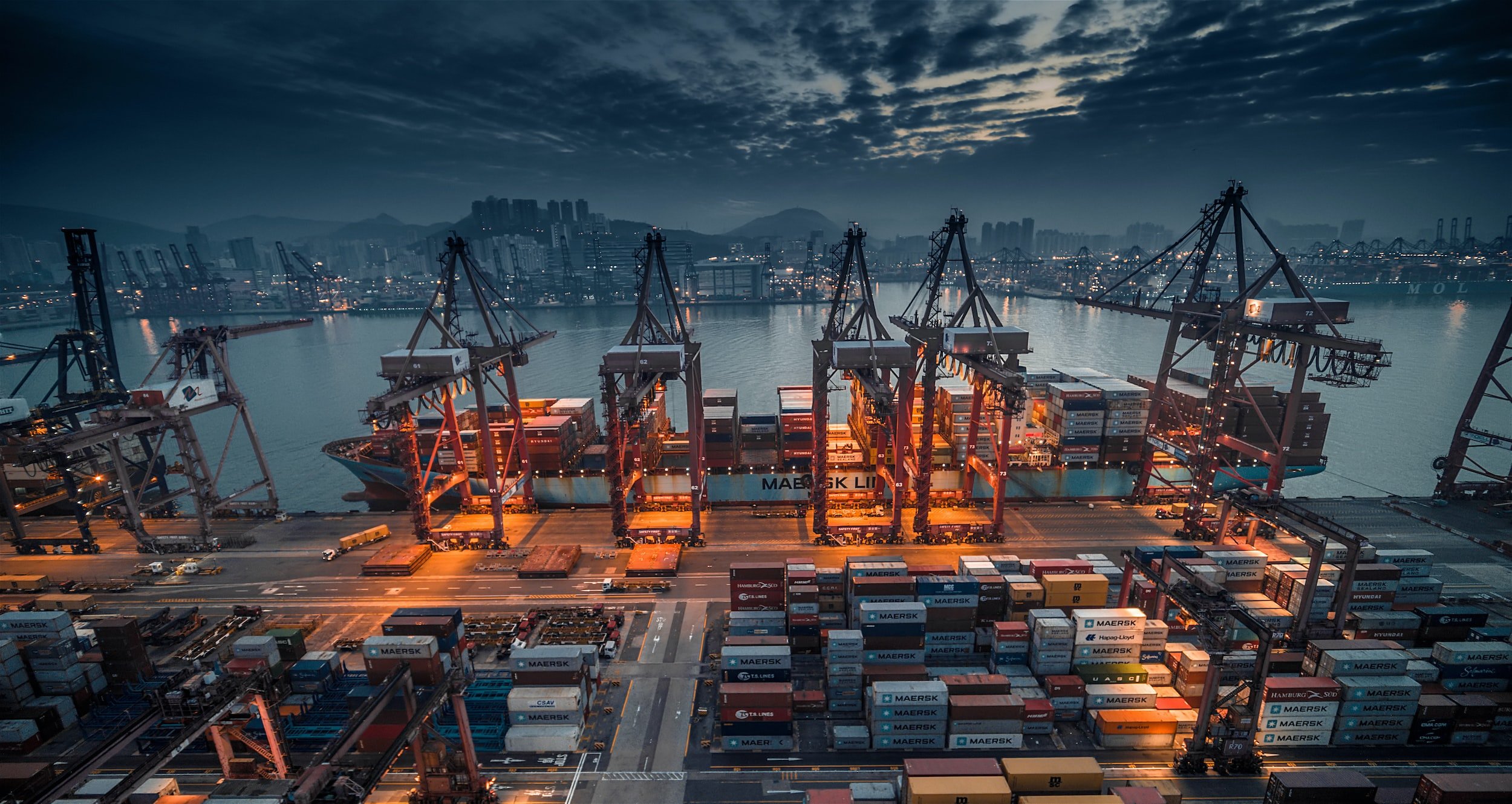
Smart Ports
5G (5th generation mobile network)
Smart ports can install 5G infrastructure to provide high-speed, low-latency connectivity to support a range of smart port technologies and services, including automation, AI, and IoT. 5G will provide the connectivity and speed required to support a wide range of advanced technologies and applications. 5G can support a much larger number of connected devices compared to previous generations of wireless technology. This means that smart ports can support a wide range of devices and systems, from autonomous vehicles and drones to sensors and cameras.
Smart SIMs / Private Network Profiles
Smart SIMs are an important component of the smart port ecosystem, providing a secure and reliable communication framework that supports the efficient and safe operation of connected devices and systems. Private network profiles can be added and utilised on Smart SIMs, these dedicated profiles will allow smart ports to create isolated networks that are separate from public networks, providing an extra layer of security and control over connected devices and systems. Smart SIMs are likely to be a necessity in the overall design of smart ports.
Internet of Things (IoT)
The Internet of Things (IoT) is a network of sensors and embedded systems, that are connected to the Internet and allow physical objects to collect data and data exchange. IoT sensors can monitor the movement of cargo, ships, and other equipment in real-time, providing a wealth of data that can optimise operations, enhance safety, and improve the customer experience. IoT sensors can be used to monitor environmental conditions, such as temperature and humidity, to ensure that cargo is stored and transported under optimal conditions.
Artificial Intelligence (AI) / Big data
AI can be used to analyse large volumes of data, including weather patterns, shipping schedules, and traffic patterns, to optimise the port's operations. Big data can help the port operators to identify potential bottlenecks and inefficiencies in the system, enabling them to make data-driven decisions and take proactive measures to improve the port's performance. Key performance indicators, such as cargo handling times, traffic flows, and equipment utilisation rates will ensure optimal decisions on resource allocation and operations management.
Blockchain
Ports may incorporate Blockchain technology into supply chain management solutions, such as cargo tracking systems and security systems. Blockchain can create a distributed ledger of all the transactions that occur within the supply chain, allowing for greater transparency and traceability in the movement of goods and ensure their authenticity and integrity. Blockchain provides a secure and tamper-proof system for recording and tracking the movement of goods and assets throughout the port, reducing the risk of fraud, theft, and security breaches.
Automation
With the help of automation, smart ports can optimise their operations, streamline cargo handling, and improve the speed and accuracy of data processing. Automated systems, such as automated container stacking, autonomous cranes, automated guided vehicles (AGVs) for cargo transport, and other equipment can work around the clock without breaks, reducing the need for manual labor and human error. The key is to provide a solution for ports that is reliable, efficient, and can deliver measurable improvements in productivity and profitability.






